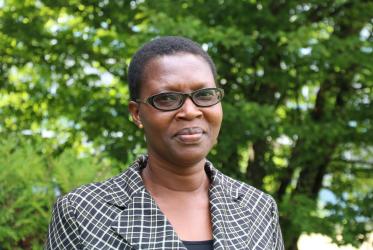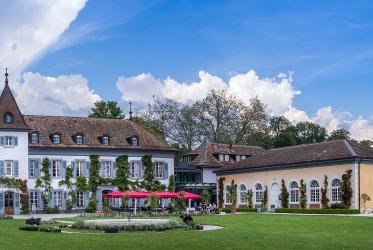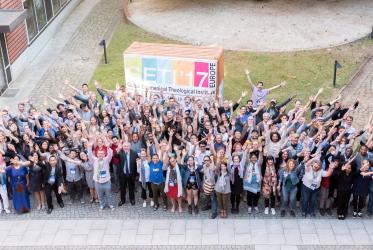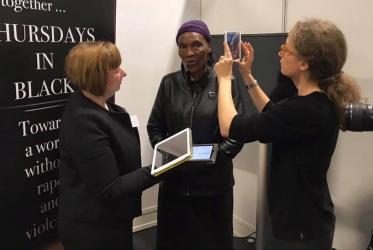Displaying 61 - 80 of 130
Paving the way for ecumenical studies, learning English in Bossey
24 September 2018
Assisi: On the ecumenical pilgrimage into a more sustainable future
03 September 2018
#WCC70: Nathan Söderblom, ecumenical pioneer
29 August 2018
"We have our work cut out for us"
10 August 2017
Religion meets science in forum at WCC
09 August 2017
WCC students study what makes a peace communicator
18 July 2017
Nigerian breaks down stereotypes on Muslims
13 July 2017
A communicator on the move
10 July 2017
“We are to pass on the mantle”
31 May 2017















